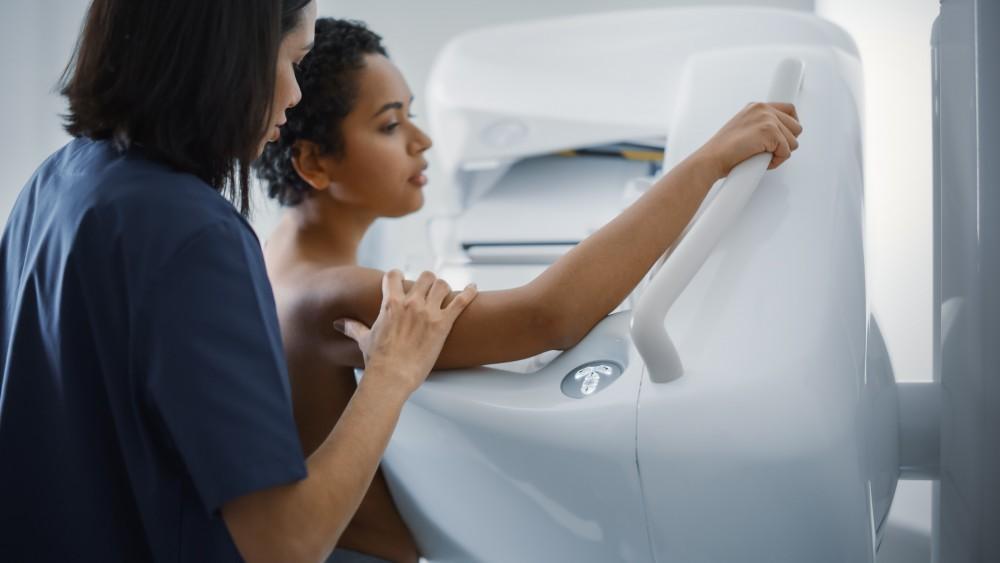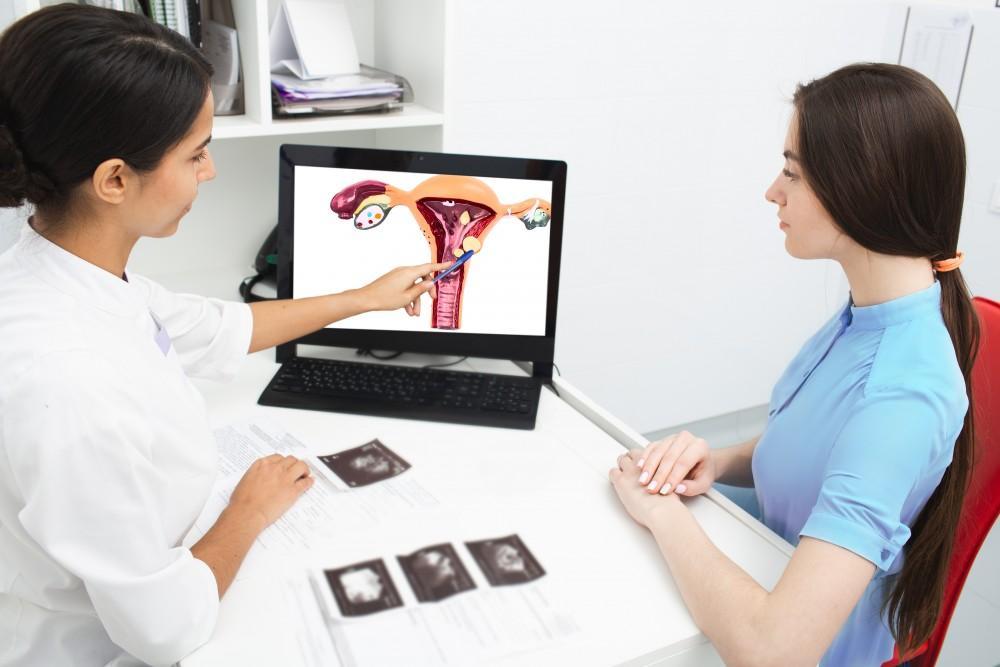
What to Expect From Your First 3D Mammogram
A mammogram is an X-ray of your breasts. It’s the best way to identify early...
Read MorePregnancy is a remarkable journey filled with anticipation, joy, and a lot of doctor’s appointments. Most women have one prenatal appointment every month from weeks 4-28, one every two weeks from weeks 28-36, and one every week from week 36 until delivery.
Although it might seem like a lot, regular prenatal care is one of the best ways to ensure both your and your baby’s health. Our team at The Women’s Center covers a wide range of topics during each prenatal appointment, and it's essential to actively participate in your care.
To help you make the most of your next visit, here are five important questions to ask.
One of the most exciting parts of your prenatal appointments is getting updates on your baby's development. We use methods like heartbeat checks, belly measurements, and ultrasound scans to assess your baby’s progress through pregnancy.
We discuss things like your baby's overall growth and organ development at each milestone. Tracking your baby's development along with our team can help you feel more connected to your unborn child and ease any concerns you might have.
Pregnancy is a time of rapid change — for both your baby and you. Understanding what to expect in the weeks ahead can help you prepare both physically and emotionally.
Consider asking about upcoming milestones, tests, and potential discomforts, so you can plan ahead and manage any challenges more effectively. We’re here to educate you about the changes your body will undergo and offer guidance on how to cope with them.
For example, starting a gentle yoga or stretching routine early in pregnancy can minimize back and hip pain as your pregnancy progresses.
Pregnancy comes with its share of discomforts, but it's important to be able to distinguish normal changes from warning signs of potential complications. We can discuss symptoms that may require immediate attention, like severe abdominal pain, bleeding, or reduced fetal movement.
We also tell you what to do in the event of these symptoms. Being aware of common warning signs empowers you to seek help promptly, reducing your risk of more serious complications.
Taking an active role in your prenatal care includes asking about lifestyle choices that promote a healthier pregnancy. We discuss topics like nutrition, exercise, and prenatal vitamins based on your health and your unique situation.
Along with lifestyle changes, we can also recommend strategies to manage common pregnancy discomforts like morning sickness and back pain. Remember that we’re here to help you maintain your well-being throughout pregnancy.
Your prenatal care needs are unique, and your care plan can change as you move through pregnancy. Depending on your health, medical history, and the progress of your pregnancy, we may recommend additional testing, dietary changes, or adjustments in your activity level.
Taking a proactive approach to these changes helps you know what to expect and ensures you're receiving the most appropriate care throughout your pregnancy.
When you’re pregnant, you see your doctor a lot — and your prenatal appointments are a perfect opportunity to get more involved in your care. Don't hesitate to ask questions, seek clarification, and take proactive steps to promote the well-being of both you and your baby.
To schedule your next prenatal appointment, book online or call one of our offices in the Orlando, Florida, area today.




A mammogram is an X-ray of your breasts. It’s the best way to identify early...
Read More
About 1 in 10 women has ovarian cysts. These small growths form on your ovaries,...
Read More
If you and your partner have decided you’re ready to start growing your family, you’re...
Read More